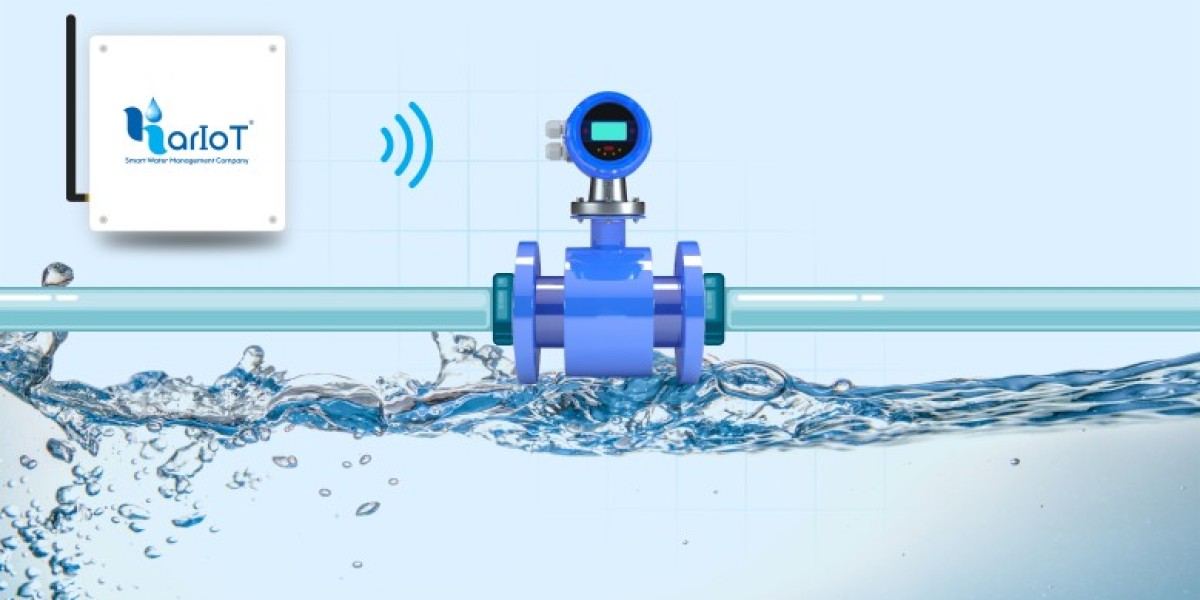Water is one of the most valuable resources on Earth, and managing it well has become very important. Smart water meters are helping solve this problem. These devices use advanced technology to provide real-time data about water use, helping people and organizations save water.
What Are Smart Water Meters?
A smart water meter is a digital device that tracks water use and sends the information to users or utility providers. Unlike traditional meters that need manual readings, smart water meters use IoT (Internet of Things) technology to send data automatically. This helps monitor water usage accurately and quickly find problems like leaks.
Benefits of Smart Water Meters
Accurate Billing Traditional meters can sometimes give incorrect readings, leading to billing issues. Smart water meters provide exact data, ensuring fair bills.
Finding Leaks Leaks can waste a lot of water if they go unnoticed. Smart water meters detect unusual water use and alert users immediately, saving water and reducing costs.
Real-Time Monitoring These meters work with IoT monitoring systems to give live updates on water use, helping people manage resources better.
Sustainability By encouraging water-saving habits, smart water meters support smart water management efforts to preserve this vital resource.
How Do Smart Water Meters Work?
Smart water meters have sensors that track water flow. The data is sent wirelessly to a central system for analysis. Users can see this information on mobile apps or websites, making it easy to monitor and adjust their water use.
Where Are Smart Water Meters Used?
Homes Homeowners can track daily water use, find leaks, and save water.
Businesses Companies can use smart water meters to cut waste, improve efficiency, and follow environmental rules.
Farms In agriculture, smart water meters work with smart irrigation systems using IoT to provide crops with the right amount of water, reducing waste and boosting efficiency.
How They Help in Smart Water Management
Smart water meters are an important part of smart water management systems. They give useful data that helps improve water distribution, find problems in the system, and plan for future needs. Many governments and utilities are adopting these systems to tackle water shortages and provide better service.
The Role of IoT Monitoring in Smart Water Meters
IoT technology is essential for smart water meters. It helps devices communicate with each other, providing a complete view of water use. This connected system makes water management more efficient and helps make better decisions.
Challenges of Using Smart Water Meters
Although smart water meters have many benefits, there are some challenges:
High Costs: Installing smart water meters can be expensive.
Data Security: Protecting the data from these devices is very important.
User Resistance: Some people may prefer traditional meters and resist change.
The Future of Smart Water Meters
Smart water meters are becoming even more advanced with improvements in technology. They are expected to get easier to use and more efficient. When combined with other systems, like smart irrigation systems using IoT, they will help create a more sustainable future.
Conclusion
Smart water meters are changing how we use and manage water. By giving real-time data and promoting efficient water use, they help solve global water problems. Their connection with technologies like IoT monitoring and smart water management ensures a complete approach to saving water. To create a smarter and more sustainable world, adopting these solutions is a must.









